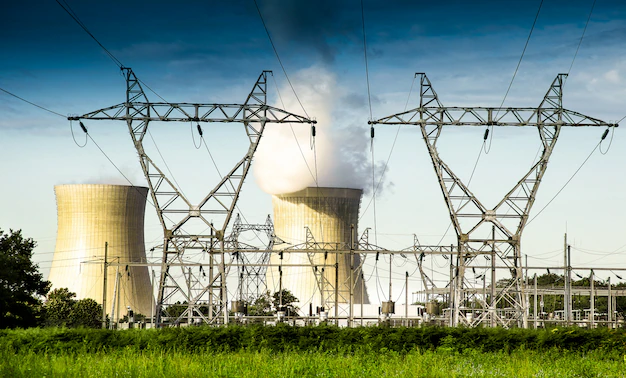Cogeneration, also known as Combined Heat and Power (CHP), is a highly efficient process that simultaneously produces electricity and useful heat from a single fuel source. This innovative method of energy generation offers numerous environmental, economic, and operational advantages, contributing significantly to a sustainable energy future.




Table of Contents
Unraveling Cogeneration: Efficient Energy Generation for a Sustainable Future
Principles of Cogeneration:
Cogeneration systems work on the principle of maximizing energy efficiency by capturing and utilizing waste heat produced during electricity generation. Traditional power plants discard significant amounts of heat as a byproduct, but cogeneration systems harness this thermal energy for heating, cooling, or industrial processes, enhancing overall efficiency.
Benefits of Cogeneration:
- Increased Efficiency: Cogeneration systems achieve efficiencies of up to 80-90%, compared to 40-50% in conventional power plants, by utilizing waste heat that would otherwise be wasted.
- Energy Cost Savings: By producing electricity on-site and utilizing waste heat, cogeneration reduces reliance on grid-supplied electricity and lowers energy costs for users.
- Reduced Environmental Impact: Lower fuel consumption and reduced emissions contribute to a smaller carbon footprint, promoting sustainable energy practices and environmental stewardship.
- Enhanced Reliability: Cogeneration systems offer increased reliability and resilience against grid failures, providing a continuous power supply critical for various industries and facilities.
Applications of Cogeneration:
- Industrial Facilities: Cogeneration is extensively used in industries such as manufacturing, chemical processing, and refineries to meet their high energy demands while utilizing waste heat for industrial processes.
- Commercial Buildings: Hospitals, hotels, universities, and office buildings can benefit from cogeneration systems for their electricity and heating/cooling needs, ensuring cost savings and energy efficiency.
- District Heating and Cooling: Cogeneration can power district heating and cooling networks, supplying multiple buildings or residential areas with electricity, heating, and hot water.
Future Outlook and Sustainability:
As the world moves towards more sustainable energy practices, cogeneration stands as a promising solution. Its ability to enhance energy efficiency, reduce greenhouse gas emissions, and provide reliable power makes it an integral part of a sustainable energy mix.
Conclusion:
Cogeneration represents a significant advancement in energy generation technology, offering a sustainable, efficient, and cost-effective solution for various industries and facilities. By utilizing waste heat to meet multiple energy needs, cogeneration systems play a pivotal role in promoting energy efficiency and environmental sustainability, contributing to a greener and more resilient future.



